There is a digital transformation happening in all facets of our lives. From smartphones to smart homes, smart is the way of the future.
Many businesses have embraced this emerging digital business transformation. In fact, global demand for smart solutions is expected to grow almost 60% by 2026. City leaders have also embraced this new trend, integrating smart processes into city operations.
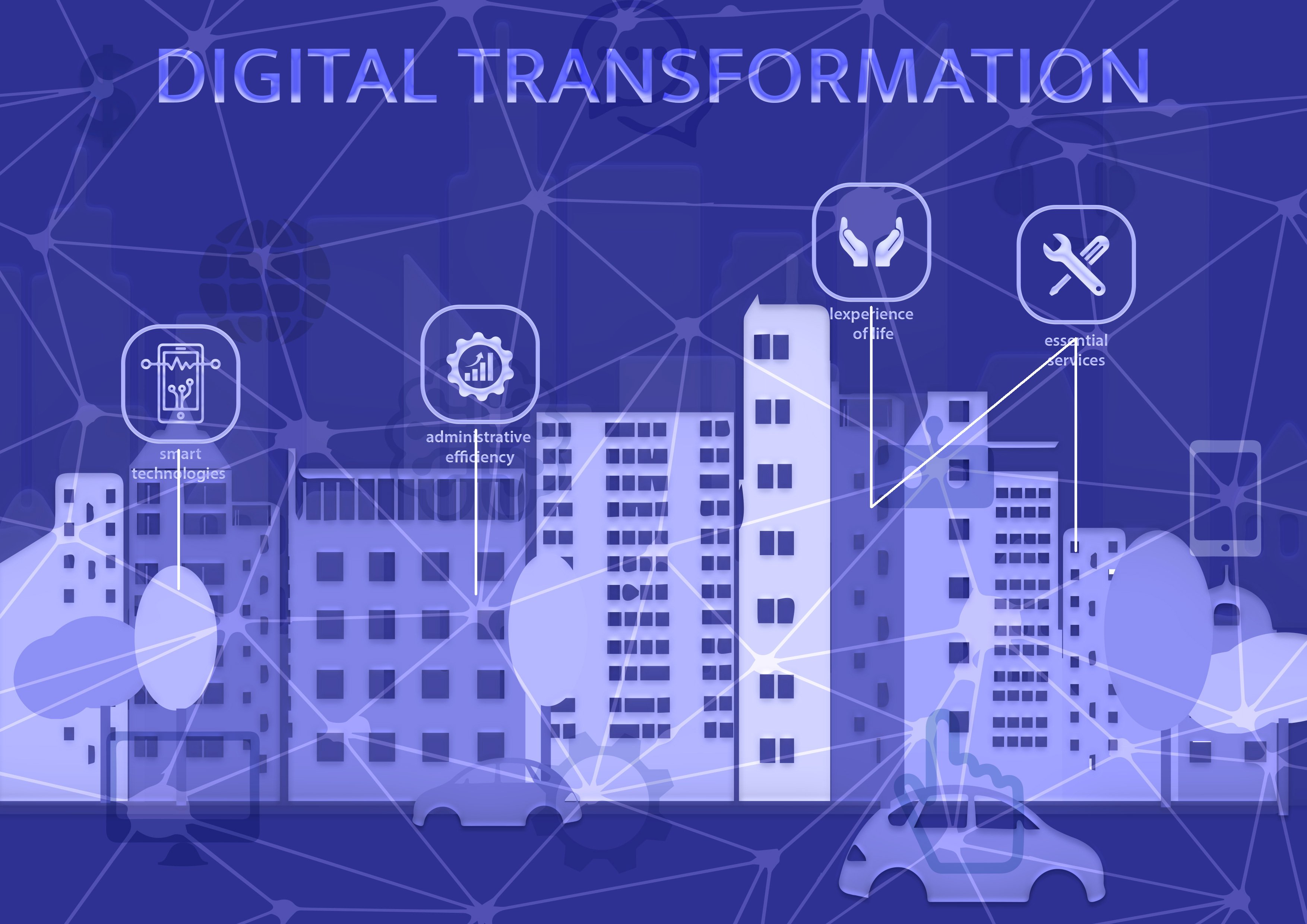
Smart technologies were originally thought of as a tool for improving administrative efficiency within a city. But nowadays it’s not just about implanting new technologies into the existing infrastructure. Computers, smartphones, the Internet are all an integral part of daily life. Smart technologies can be used to directly affect the experience of city residents.
Today, city leaders are leaving the sandbox and going all in with smart technologies that deliver essential services to residents in a meaningful way.
What is a Smart City?
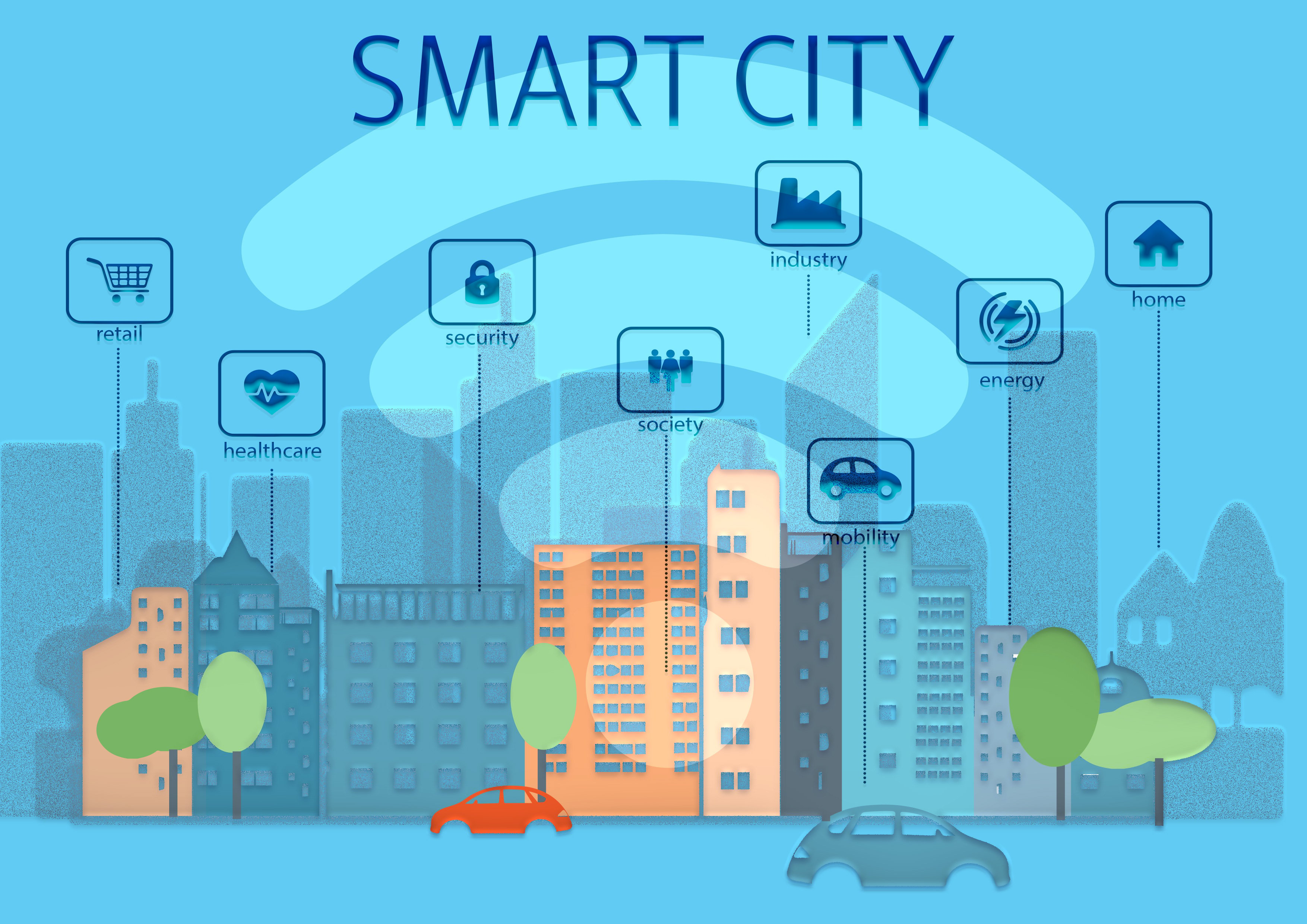
Being smarter means utilizing digital process automation to make life easier for city employees and residents. It’s not just about improving efficiency with technology, but also improving the quality of life for city residents.
Smart processes enable leaders to use real-time data to make informed decisions on current issues and develop solutions that are timely and cost-efficient.
In order to have access to this data, cities need to have applications that are widely used by residents. This is because being “smart” consists of three layers:
- The data - collected from residents when they use an application or visit a website
- The analysis - automatically completed by the application or software program
- The decision-maker - the city leaders who use the analyzed data to make decisions that affect the city
For example, an application developed by the city to track city buses in real-time would allow residents and visitors to know exactly when a bus would be at their stop. They are excited to have access to this application because it saves them time. Meanwhile, the application can track how many residents use the public transportation system at which stops and at what times. The city leaders can then use this data to make decisions about which bus routes may need more or less frequency.
Becoming a smart city improves the lives of residents while also improving the efficiency of behind-the-scenes city operations through digital process automation. If city leaders have data that is automatically analyzed to give them the information they need, then they will be able to make better decisions more quickly.
Imagine a large storm in the city has knocked out a few power lines. Smart processes would allow city leaders to know instantly and automatically when and where the power lines went down and what essential services may be disrupted. Analysis from smart technology can help leaders prioritize restoring power to hospitals and other emergency services. At the same time, the application can automatically notify residents - thanks to digital process automation - about the power outages and timelines for when power will be restored. The notifications eliminate residents’ uncertainty and decrease the number of calls made to city call centers. Call center employees do not need to be called in for emergency operations, so the city saves time and resources that can be allocated to resolving the power line issue as soon as possible.
.jpg?width=3508&name=3rd-image%20(2).jpg)
Companies such as San Antonio’s GVTC Communications have already seen a 300% return on investment and a 25% decrease in customer service spending by implementing smart technologies such as digital process automation. So why shouldn’t cities benefit from this digital transformation, too?
Smart cities use the state-of-the-art technologies implemented by corporations to improve city efficiency and resident experience for an overall higher quality of life.
Improving Quality of Life
Back in the 1970’s, quality of life measures were focused on physical, economic, and social well being. Today, we know there are additional aspects to quality of life that must be considered when designing city programs and infrastructure. The World Health Organization has identified 6 domains of quality of life:
- Physical capacity
- Psychological
- Level of independence
- Social relationships
- Environment
- Spiritual/religious/personal beliefs
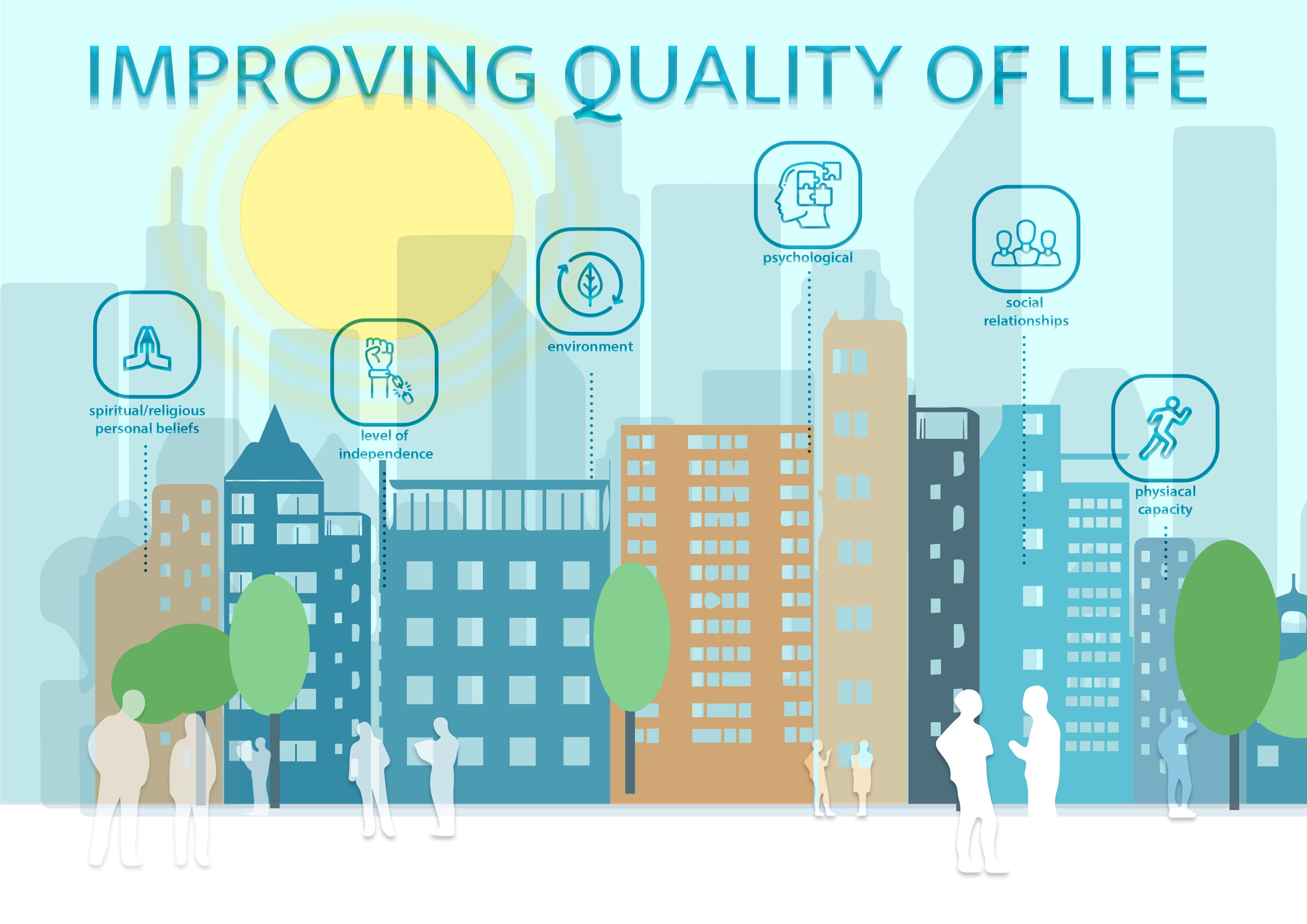
Using smart technologies, city leaders can improve quality of life 10 to 30%. Smart city initiatives include improved healthcare, accessibility, public safety, transportation, waste management, energy consumption, water usage, and air quality.
A city leader’s time is valuable. That is why digital process automation through smart technologies is so essential. In one case study, the Salvation Army saw a 70 to 80% decrease in the application development lifecycle, saving them time and money on implementing new initiatives and programs. For a city, that time and money saved could make a significant difference not only on the back end, but also for the safety and well being of city residents.
According to Forbes, over 60% of city leaders report a return on investment after becoming a smart city in areas such as public safety, waste management, and energy/smart grids. Residents of New York, Boston, Orlando, and Chicago are already seeing the benefits of living in a smart city. They have access to increased connectivity, green energy sources, efficient law enforcement, and healthy living programs that increase their quality of life.
Becoming ‘Future-Ready’
.jpg?width=3508&name=5th-image%20(2).jpg)
The city of Orlando says they are ready to become “future-ready” by integrating smart technologies not only into their background infrastructure, but also the everyday lives of citizens. Smart cities are the way of the future. They improve both efficiency of city operations and the quality of life for residents. Are you ready for the digital transformation that will forever change your city?
Cetrix can help you seamlessly integrate smart technology into your current infrastructure and start improving the lives of your citizens today. Email us at info@cetrixcloudservices.com or call us at (302)480-9399.


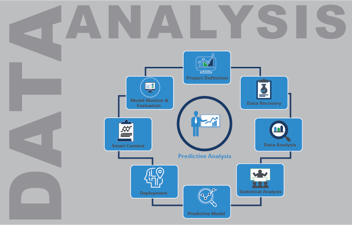
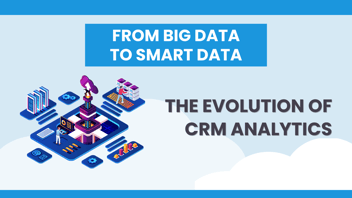
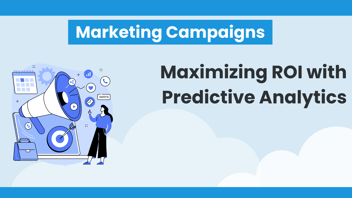
Leave a Comment